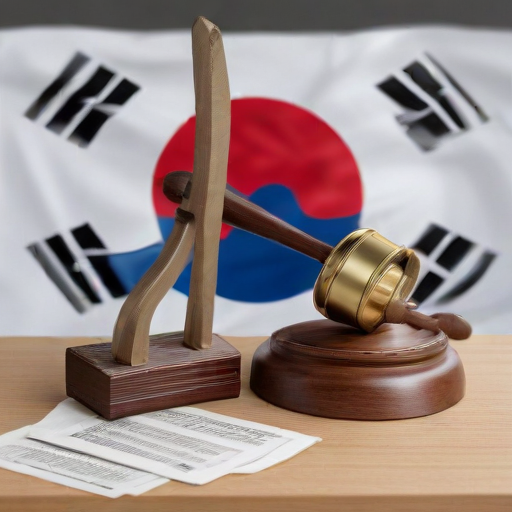South Korea experienced a whirlwind of emotions on a recent evening when President Yoon Suk Yeol unexpectedly declared martial law in response to what he described as “anti-state” activities sympathetic to North Korea. The announcement prompted immediate protests that showcased the resilience of South Korea’s democracy.
The unfolding events began late Tuesday night during Yoon’s televised address, where he outlined the need for martial law due to escalating tensions surrounding a budget bill and ongoing corruption scandals involving his administration. As the military moved to halt parliamentary activities, thousands of citizens gathered outside the National Assembly in a powerful display of opposition, reminiscent of South Korea’s challenging past with military rule.
Protests erupted as opposition leaders rallied citizens to fight back against the declaration. A sea of demonstrators, led by members of the Democratic Party, defied police barricades chanting against martial law. The atmosphere was charged, with individuals risking their safety in order to thwart what was perceived as an overreach of authority.
Inside the National Assembly, lawmakers faced a race against time to block the martial law order. As tensions rose, elected representatives took measures to breach security and secure their position within the building. In a dramatic display of legislative solidarity, they barricaded entrances and unanimously voted down the martial law within hours of its announcement.
This episode, which lasted around six hours, captivated the nation and highlighted the depth of commitment to democratic principles among South Koreans. Those who protested, like student Hwang and Democratic Party spokesperson Ahn Gwi-ryeong, expressed both fear and determination, illustrating a public unwilling to revert to authoritarianism.
South Korea’s vibrant democratic landscape has not only withstood this threat but has been invigorated by the active participation of its citizens. As the country collectively exhaled after this night of fear and uncertainty, it reaffirmed its commitment to safeguarding the democratic values that have been fought for over decades.
In summary, what initially appeared to be a dire situation quickly transformed into a powerful testament to the strength of democratic resilience within South Korea. The rapid response and unwavering spirit of the people are hopeful signs that democracy will endure against any challenge.
